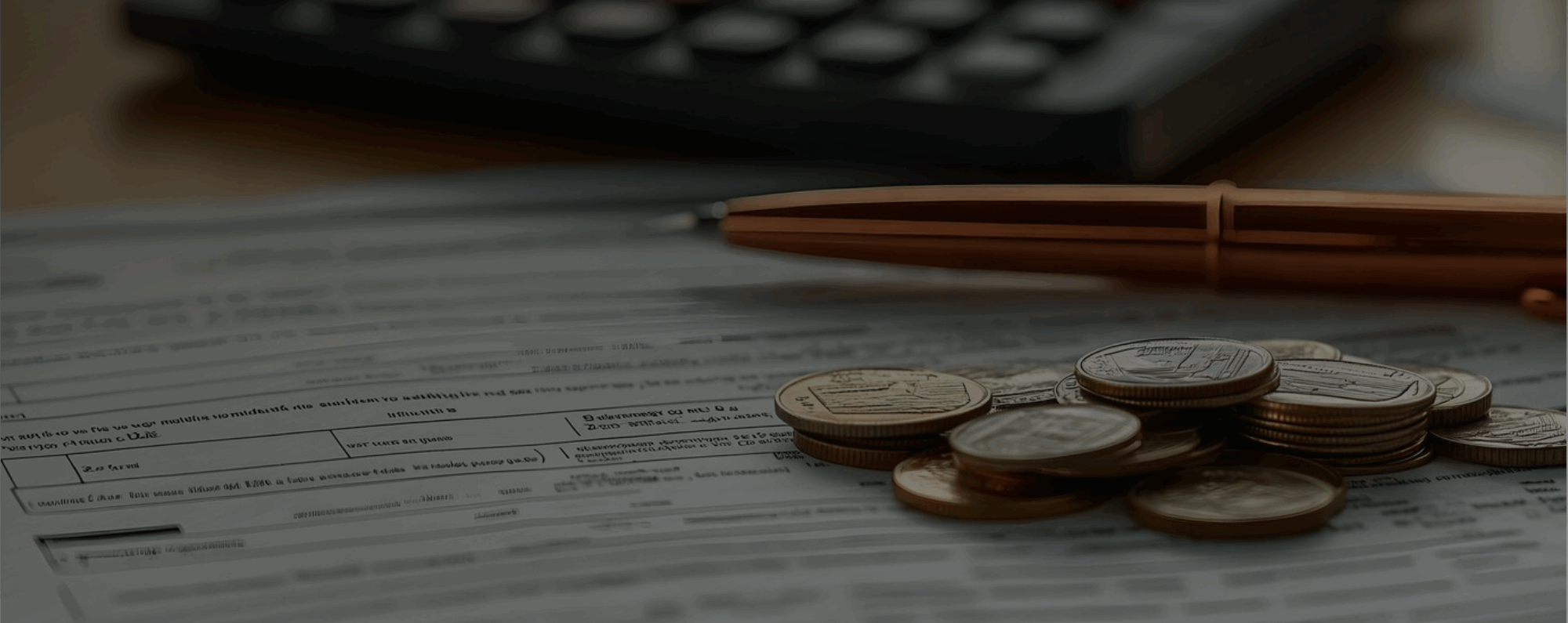×
Get Your Coupon
New customer gift: Users who register and complete verification can receive one universal coupon USD30.00, Applied to FCL, LCL Ocean Freight, Air Freight.
During the promotion period, users who have registered and verified can receive following online discount coupon for their first order.
30 $
Coupon
New user registration
100 $
Coupon
FCL Shipment
20 $
Coupon
LCL Shipment
Based on cargo over 2CBM
35 $
Coupon
FCL Shipment
Based on cargo over 5CBM
100 $
Coupon
FCL Shipment
Based on cargo over 10CBM
20 $
Coupon
Air Freight
Based on cargo over 1CBM
30 $
Coupon
Air Freight
Based on cargo over 2CBM
100 $
Coupon
Air Freight
Based on cargo over 5CBM
The discount coupon can be used for the corresponding order fees.Click “Get” Button to go start now! Come and claim it!





